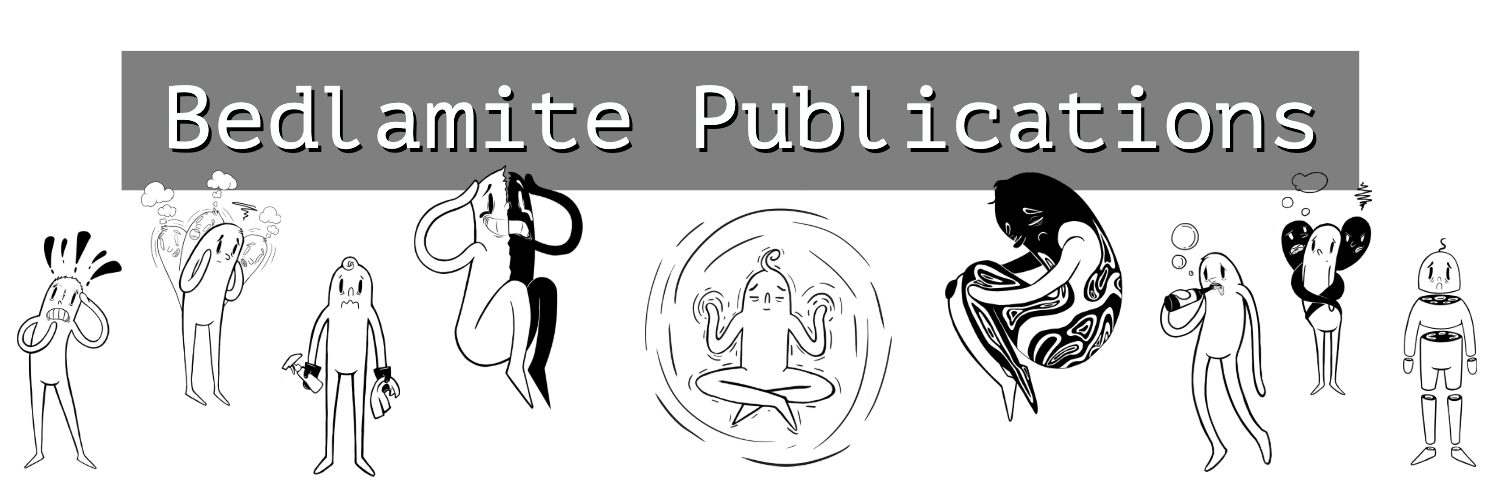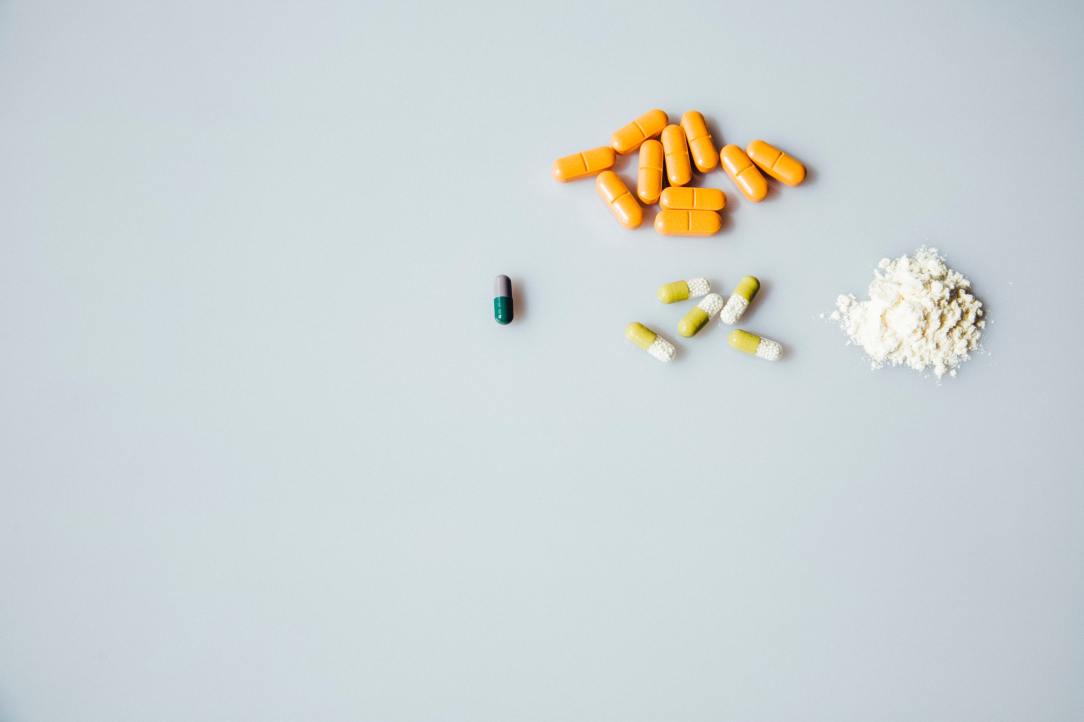While drug addiction may initially appear as a choice, it’s much more akin to a disease. People may choose to try drugs, but no one chooses to develop an addiction. So, with that said, you may wonder if it’s possible to know how to prevent drug addiction.
Simply put, there are measures you can take to avoid addiction. However, these measures don’t guarantee you’ll never become addicted to a substance.
Throughout this article, we’re going to take a deeper look at how you can prevent addiction. At the end, we invite you to ask further questions.
5-Step Addiction Prevention Guide
Whether you’re sober, experimenting with drugs, or know someone showing the signs of substance abuse, there are measures you can take to prevent it. Again, these guidelines aren’t set and stone. Addiction is a complicated condition with many moving parts at play. However, by taking these steps, you’re giving yourself or your loved one the best opportunity at avoiding addiction.
1.) Communication
If you struggle with addiction, it’s going to be difficult to identify inappropriate behavior patterns. When addiction controls the brain, it justifies actions we wouldn’t normally accept. Namely, compulsive behaviors, such as stealing and lying. ¹
For this reason, it’s going to be difficult for a person struggling with addiction to communicate about that addiction.
Instead, it’s important those around them attempt to recognize the problem and say something. Naturally, such confrontation may not always be met with hospitality. Still, in such circumstances, it’s key to intervene as soon as possible.
By identifying a drug problem, you’re giving a loved one the opportunity to open up and express their struggles to you.
2.) Therapeutic Intervention
When it comes to addiction recovery, psychotherapy is the most effective tool. And this is for one simple reason, it addresses the underlying problem that leads to addiction.
To better explain, addiction happens in 5 stages. The first of these is using drugs recreationally. Not everyone who experiments with a substance will become addicted. But the select individuals that do inevitably have an underlying reason.
In some cases, they struggle with mental health and use substances to self-medicate. ² In others, they may have genetic disorders that make them more prone to addiction. ³
Since everyone’s case is different, therapy is a great tool for identifying your case. Going off the 5 stages of addiction, the best time to intervene is before recreational use becomes abuse.

3.) Promote a Healthier Lifestyle
As mentioned, in all cases of addiction, there is an underlying problem. In order to overcome this problem, you’re going to need to make lifestyle changes.
For example, if you struggle with substance abuse due to depression, you need to make the proper lifestyle changes to overcome this condition. Such changes may include exercising, dieting, or hobby-building activities.
While therapy is a great way to understand what steps you must take, it cannot force you to take these steps. This requires a certain willpower that anyone can produce.
However, it’s also one of the biggest difficulties you may face if you’re trying to help a loved one. Nobody can force such a willpower upon another. It must come from within. Therefore, you may feel as though you’re fighting an upward battle when trying to help a loved one overcome addiction.
In such cases, being a support system will make all the difference. Your loved one is bound to go through trial and error, and in those moments, a person of support can change the direction of their life for the better.
4.) Handling Stress
Even with healthier lifestyles, you’re bound to run into stressful life situations. In such situations, it may seem like an easy solution to turn to drugs or alcohol as a solution. While not the only cause, stress is one of the biggest factors of relapse. ⁴
According to research, stress causes changes in the brain that are very similar to the changes seen addiction. ⁵ As such, people who struggle with stress may be more prone to addiction than others. On the other hand, people who struggle with addiction may also be more prone to stress.
Stress should be handled the same way as addiction recovery. In other words, you’ll want to make lifestyle changes that help to diminish stress. It’s also beneficial to use therapy as a source of relieving stress.

5.) Discover Your Past
We already know that one of the biggest causes of addiction is genetics. But did you know previous traumas can play a major role in the development of addiction? Notably, if a person experiences childhood trauma.
One study even found that specific types of trauma are associated with addiction to specific substances. For example, people that experienced sexual abuse in childhood were more likely to develop an addiction to cocaine or marijuana. ⁶
As you go about therapy, it’s important to identify previous struggles. While these may be difficult to talk about, they may also be the only thing blocking you from recovery.
Final Word
When it comes to how to prevent addiction, there is no easy answer. And the simple reason is there’s no single solution for everyone to follow.
Addiction is a complex disease and everyone develops it for different reasons. Identifying these reasons and working towards healthier lifestyles is the key in addiction prevention.
Your Questions
Still have questions about how to prevent drug addiction?
We invite you to ask them in the comments section below. We’d also love to hear from you if you have any further advice to share – whether personal or professional.
Reference Sources
¹ National Institute on Drug Abuse (NIDA): How Science Has Revolutionized the Understanding of Drug Addiction
² MentalHealth.gov: Mental Health and Substance Use Co-Occurring Disorders
³ National Institute on Drug Abuse (NIDA): Genetics and Epigenetics of Addiction DrugFacts
⁴ Alcohol Research (Current Reviews): How Does Stress Lead to Risk of Alcohol Relapse?
⁵ HHS Public Access: Chronic Stress, Drug Use, and Vulnerability to Addiction
⁶ Depression and Anxiety (Wiley): Substance use, childhood traumatic experience, and Posttraumatic Stress Disorder in an urban civilian population

